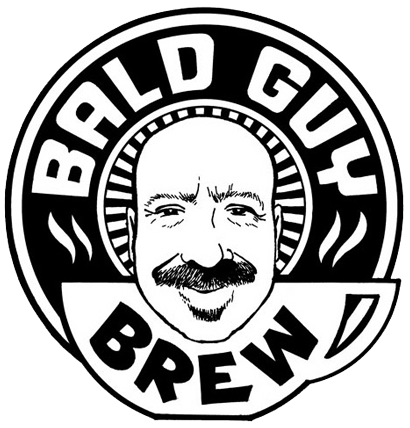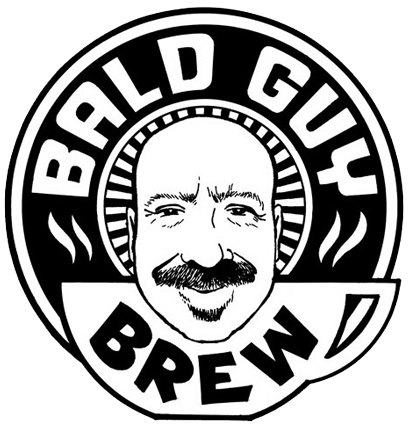What good is a business if a business isn’t doing good?
Posted on March 26 2021,

Spear-heading social change through his coffee shop’s business model
By Jaleigh Jensen
Don fell in love with coffee at the Ohio River’s confluence, where the Allegheny and Monongahela Rivers meet. He said he came across an old shack, right at the edge of the water, full of smoke. People were yelling, selling shrimp, and roasting coffee. Above the chaos, he asked the store owner if he could buy some of his green coffee beans to put them in a frying pan and attempt to roast them at home. The owner said yes, and his love affair began.
“I fell in love with this process of taking something raw that has had a lot of hard work and care put into it and trying to make something brown out of it.”
And in the art, matched with the pure science of the reaction, Don embraces the magic of what coffee becomes.
Don’s love of coffee doesn’t stop at the taste — he has transformed his entire business model to reflect this intentionality. In prioritizing his “business for good” model, he reformed the coffee industry with strides toward sustainable harvests and fair wages for farmers.
Don defended this idea with a humble shrug and a rhetorical question: “What good is a business if a business isn’t doing good?”
The coffee supply chain as we know it is one of exploitation and abuse for people and their lands all around the world. As the main driver of this “systematic evil,” governments in coffee-growing countries capitalize on beans as a cash crop with harsh, unfair taxes.
And because of this, farmers’ pockets are continuously empty after deals are done, with no money to pay their pickers. There’s a block between farmers and consumers, and because of it, the system continues to perpetuate the most vulnerable at the end of this supply chain.
“If people knew what was in their cup, they would damn sure stop doing what they’re doing,” Don said.

Don believes the capacity for change is in connecting the coffee drinker directly to the coffee grower. In attempting to set up cooperatives and certifications for organic growers, he’s hoping to connect his consumers directly with farmers that he purchases beans. In doing so, Don knows that they will profit directly from the sales of Bald Guy Brew. Visually, he described this process as a wheel of advocacy.
“The spokes of the hub are real, but you need a wheel to go around the spokes, and you need a wheel for the spokes to come out of. The wheel is the coffee consumers, the spokes are the coffee growers, and the hub is doing good with a social purpose and trying to make money out of it.” Don said.
To Don, making money is a significant contributor to this wheel’s motion because if we’re not making money, we can’t continue to do good for the farmers. Recognizing the flaws in the current coffee system and seeking to revolutionize it to sustain people for generations to come is what Don says any farmer would do for a friend.

But again, we can’t revolutionize the system of coffee without revolutionizing the consumer.
“My capacity to buy coffee from a grower hinges on my capacity to sell coffee to consumers.”
Don knows that he must rally a group of caring people to continue to buy sustainably sourced coffee so that the coffee supply chain can be revolutionized all the way down. This means that quality coffee will cost more than the $5 bag in the grocery store. But in investing in Bald Guy, your dollar is going far past what’s in your cup — it’s going all the way back to the farmers in the countries where the beans come from.
“We will know that the coffee that we do carry, we are setting the price.”
Don is building the bus, but we, as the consumers, drive it. Let’s get on the bus and invest in better coffee that does good around the world.
Because what good is a business if a business isn’t doing good?

